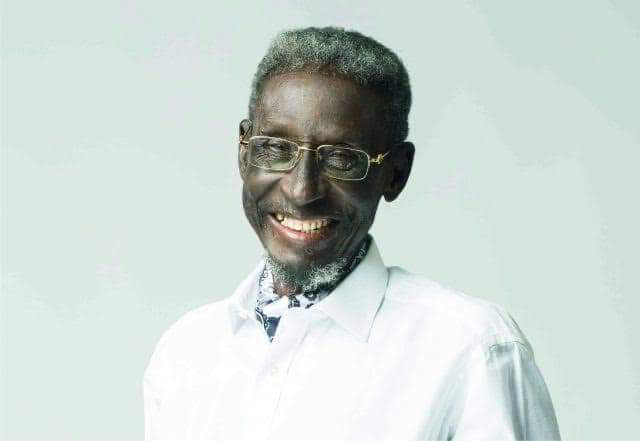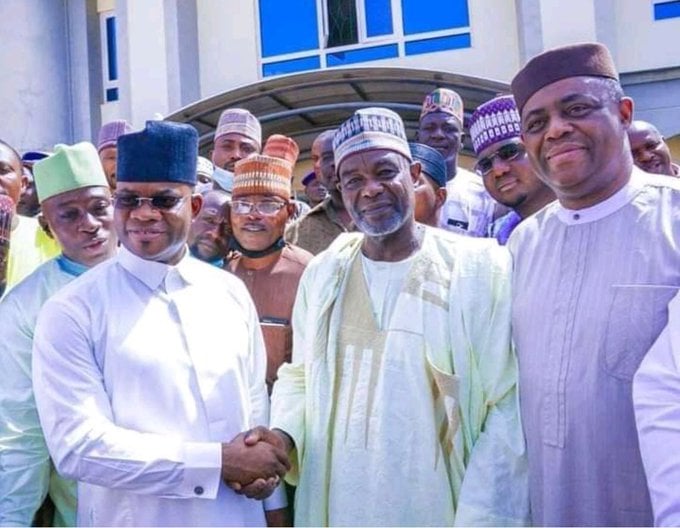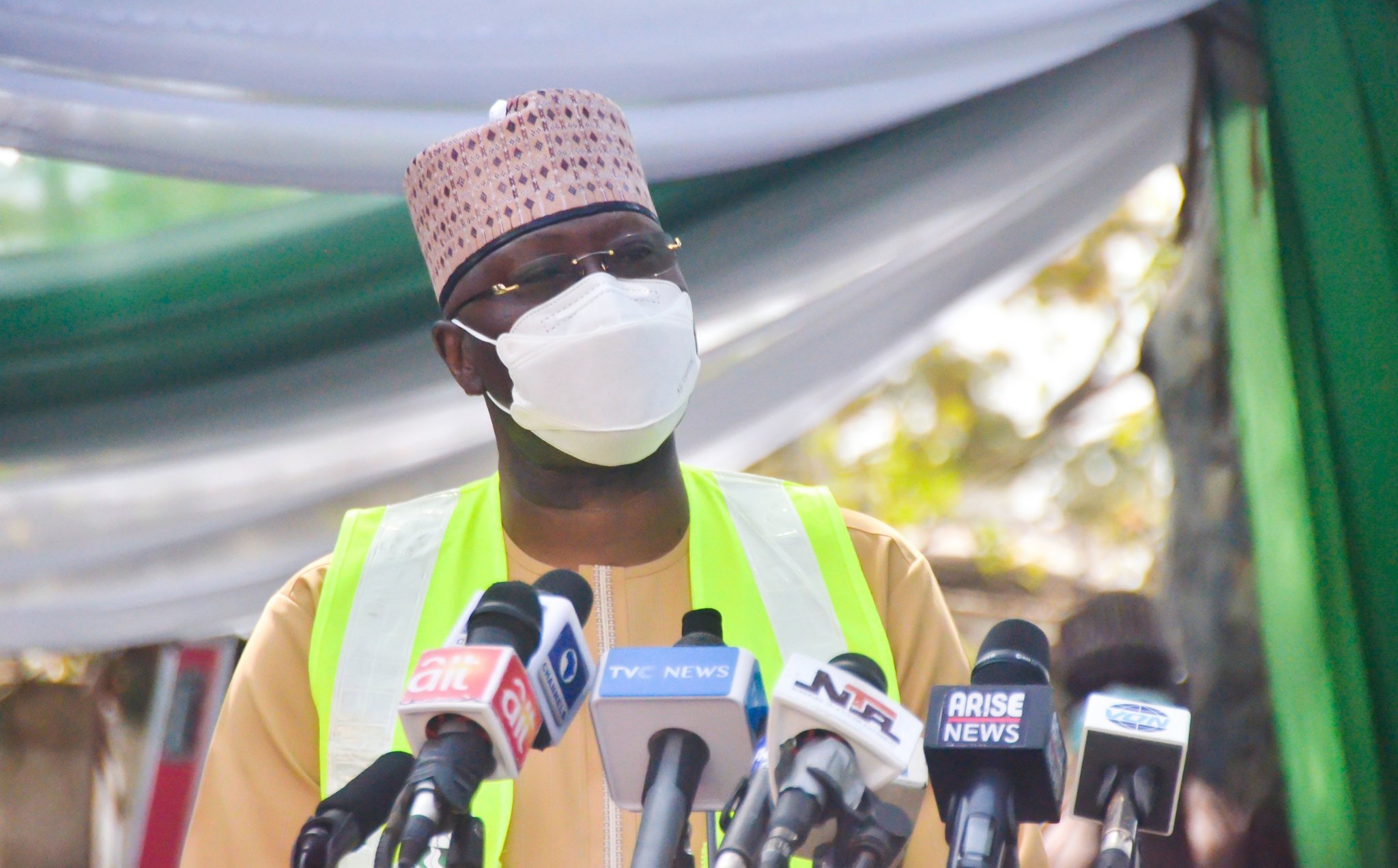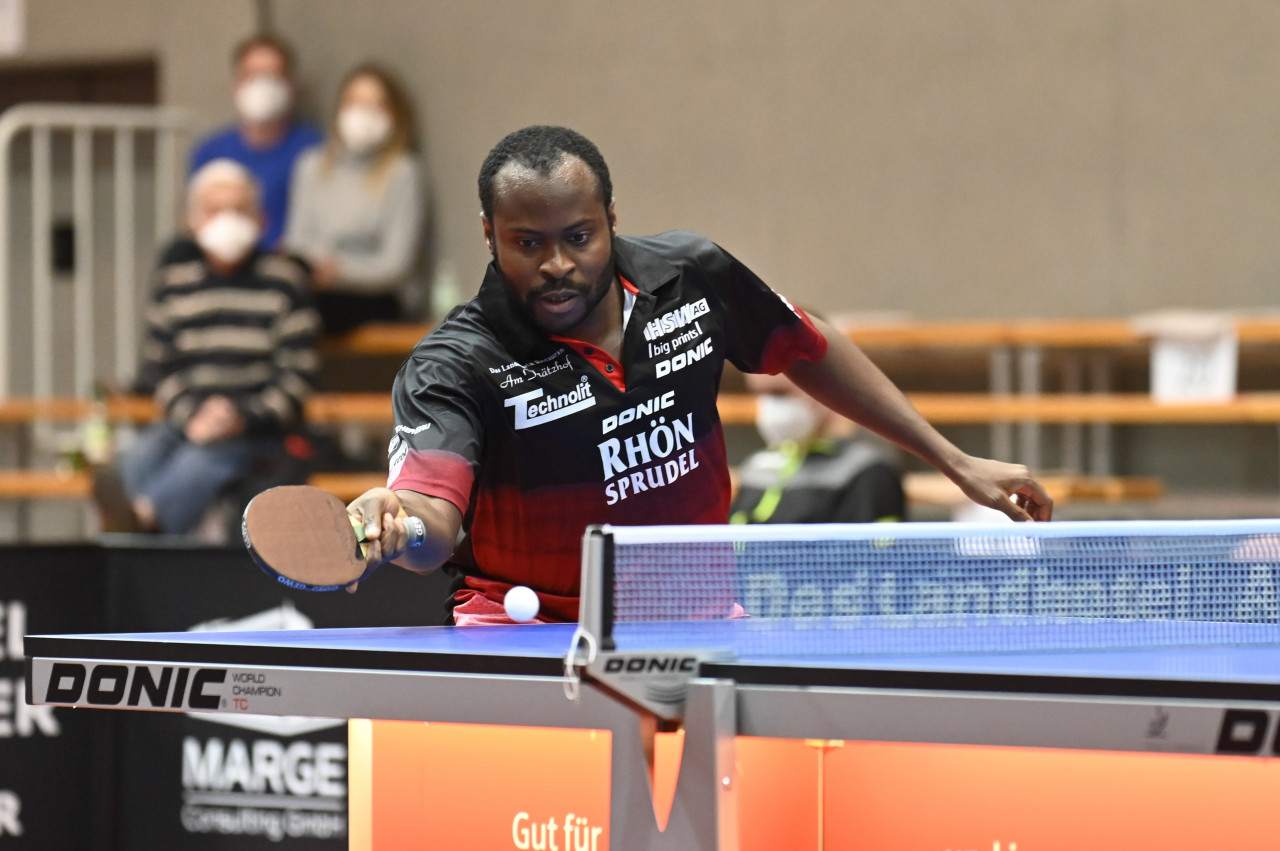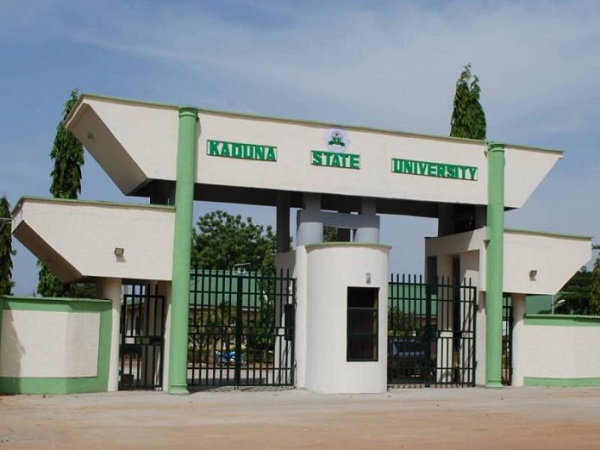BY OJI ONOKO
For Sadiq Daba, a native of Kano, born in Kumasi, Ghana and raised in Freetown, Sierra-Leone, stardom was more than a dream come true. In the early days, it was radio that enchanted him. And without a single TV station in Sierra-Leone then, what else but being on radio would he have thought of?
“I used to listen to William Roberts on Radio Sierra-Leone,” he recalls, smiling broadly. “He was my role model. Being on-air, for me, became an obsession.” That was in the early 1960s, a time he used to go around with the pop star, Giraldo Pino, who practices just behind their house to dance halls. But it was not till he met Khalifa Baba Ahmed on his return to Nigeria around 1967 that he was able to actualize his childhood dream. And it was by happenstance!
It was on a casual visit to his brother, Major Daba in Kaduna, who took him to Hamdala Hotel, where he found himself sharing the same table with Ahmed. Listening to Sadiq talk, the man asked him whether he had ever been on radio. His answer was a blunt no. But Baba Ahmed may not have believed him. The voice was just too arresting. He was immediately invited for an interview at the Broadcasting Service of Northern Nigeria (BSNN), Kaduna. There again the old question popped up. Had he ever worked on radio? This time, it was an emphatic no. When he left, he put the whole episode behind him, heading straight to Kano. His letter of employment arrived at his brother’s house the following day! And he had to be trailed for days before he could be reached. Still relishing the experience, he beams, now.
Advertisement
“I felt excited. Confused. Surprised. It was like a dream. All along, I had been listening to people on radio. Now people were going to listen to me.”
He knew he had a good voice but to be able to attain a reasonable height in broadcasting, he still needed some formal schooling in diction. He was lucky. Ibrahim Abba Gana started him off. There were Abubakar Abdulsalami and the man he calls “my Godfather,” Adamu Augie. “They were the best presenters then on RTK (Radio/TV, Kaduna),” he recalls.
He began as a continuity announcer on Radio and was also anchoring a Sunday magazine programme for television. One day, a man came looking for him. He wanted to meet that man called Sadiq Daba whose voice, he enjoys so well on Radio. When they met, the man could not believe his eyes. He had expected to meet a “very big personality,” but shaking his hands and identifying himself was this thin, if not frail, looking boy. It was a joyous moment for the presenter. So he was now accepted by the people, he thought to himself, grinning. His journey to the top was only beginning.
Advertisement
He went into Radio plays where his voice was even sharpened the more before his transfer to Sokoto where he met Peter Igho, who was then in charge of drama at NTA. “I don’t know what Peter saw in me,” he says, downplaying the impact his voice might have had on the producer, “but he invited me to join his programme.” He had never acted before. The part given to him was that of a prankster. His debut was impressive.
But it was during the All – Nigeria Television Festival in 1978, that he came to the national limelight. He played the part of Doctor in NTA Sokoto’s entry, Moment of Truth which won the first prize. It became easy for him to play the role of Bitrus in NTA’s iconic programmes: Cock Crow at Dawn and Dauda in Behind the Clouds, thereafter. Instantly, he became a local idol even assuming an international status with his participation in Soweto, a film put together by an international consortium, where he played alongside such South African stars as Sophie Ncinna, Frank Williams and Sidwell Yola.
And he is not done yet. “I’ve not achieved one-tenth of my potential. I want to see myself grow as an all-round artiste,” he says, clenching his fists for emphasis…
His foray into Nollywood years later showed he had attained an Olympian height in acting. It was short yet unforgettable. He loomed large in the part of Waziri in Kunle Afolayan’s oeuvre, October 1. He equally displayed class in Afolayan’s original film, Citation. Ironically, Sadiq Daba’s in-depth interpretation of his role in Paul Apel Papel’s war movie, Eagle Wings will be relished by audiences posthumously as it opens in cinemas in March this year…
Advertisement
Excerpts from Glimpses of Our Stars by Oji Onoko
Add a comment
